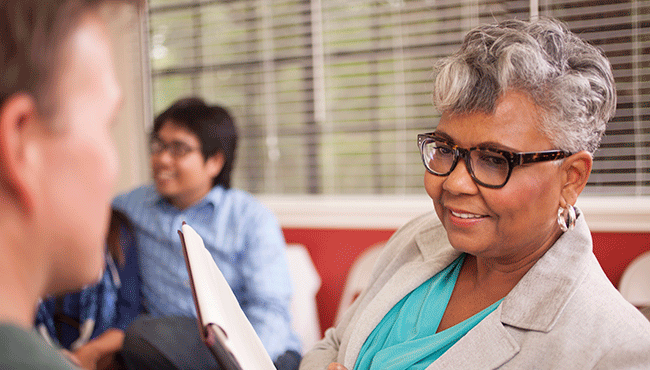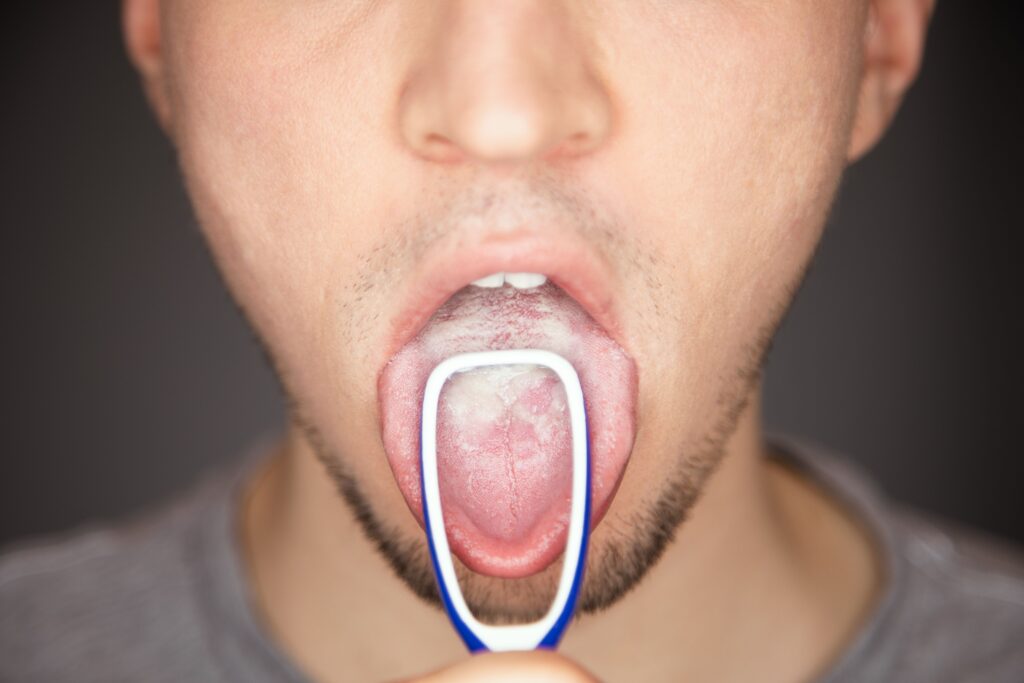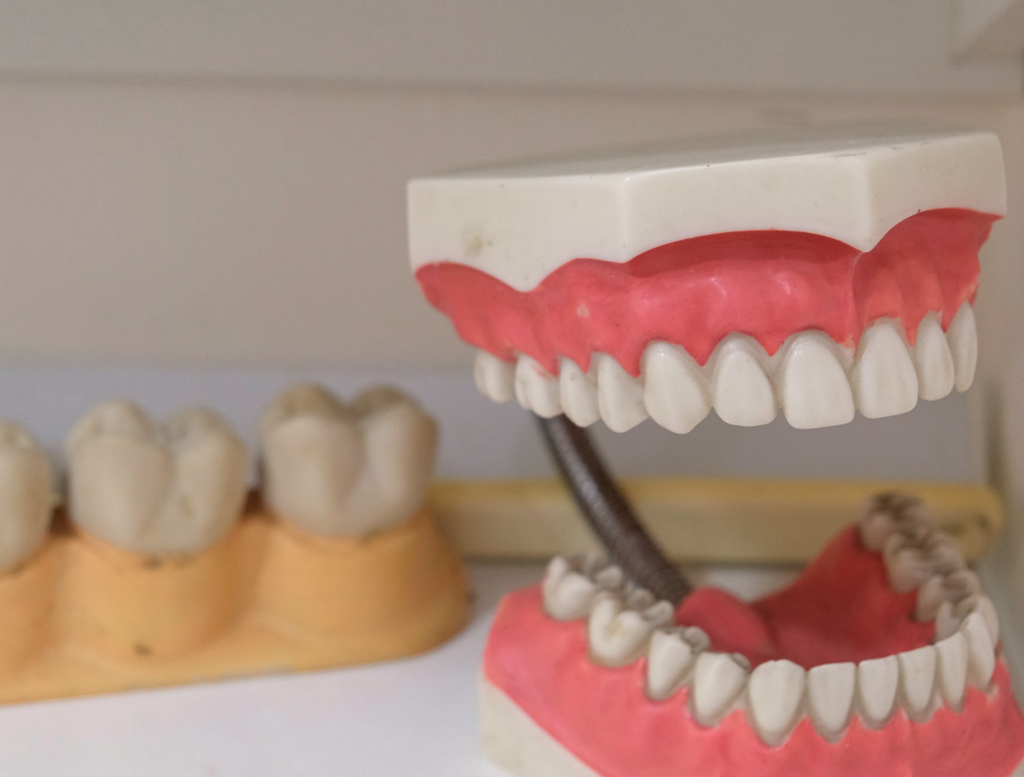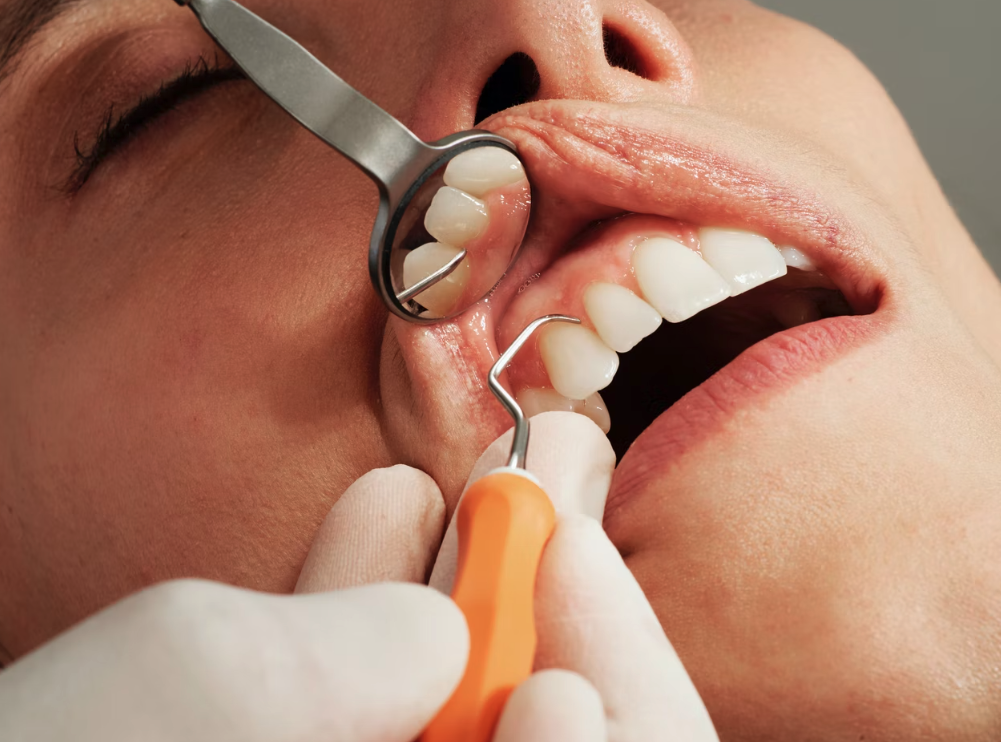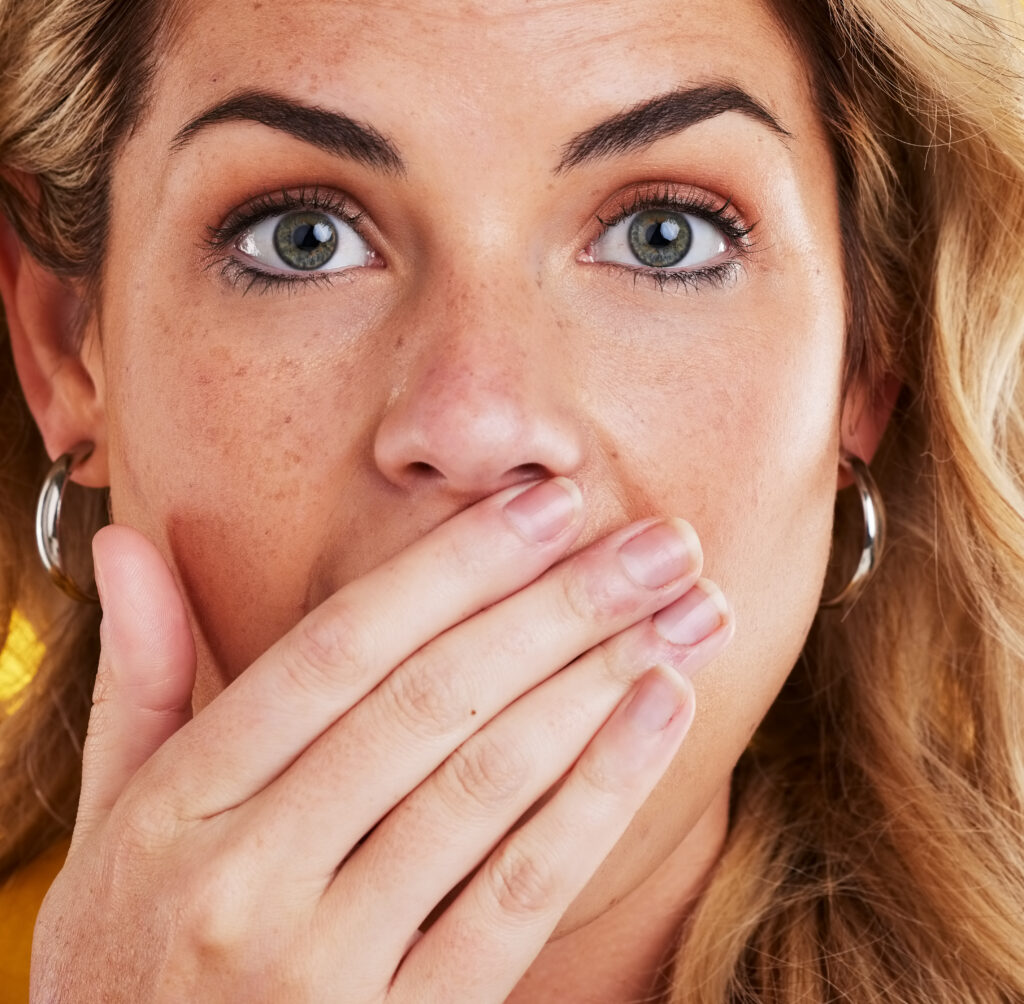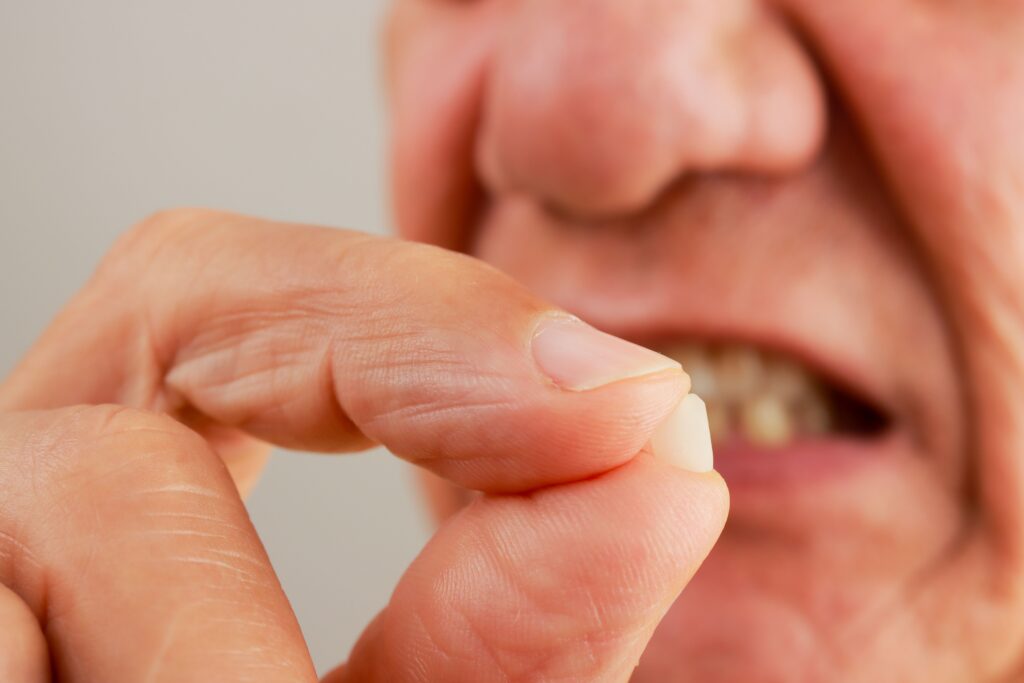In almost every social situation, there is one thing most people are concerned about: halitosis, better known as bad breath. It can be embarrassing for you, uncomfortable to other people, and potentially a deal breaker for a job interview or date. To make it even more difficult to manage, our bodies have a great way of blocking out constant smells, making it very hard to determine if we have bad breath before it’s too late.
How do I know if I have bad breath?
You can easily test how your breath smells to others with this simple test. Lick part of your arm and smell it after about 10 seconds. Now, licking your arm in public may seem weird (and have its own social consequences), this test can give you a good indication of how your breath smells. However, it may not always be accurate. The best thing you can do is be aware of what causes bad breath and prevent it before it happens to you.
What Causes Bad Breath?
- Hygiene
- The most common cause of bad breath is straightforward; you have a dirty mouth. Bacteria live in your mouth, and when you eat, they eat. These odors are made worse by your tongue, which acts like a fleshy dish sponge, absorbing food particles and bacterial byproducts.
- If you think this is your issue–and it is best place to start–the best remedy is to brush and floss daily. This will help eliminate leftovers for the bacteria to eat. To further eliminate any odor, open your mouth and look at the back of your tongue. If looks like it’s covered in a white or brown substance, this could be the main source of your bad breath. Brush as far back on your tongue as you can with your toothbrush, or use a tongue scraper, which will do the job more efficiently.
- Dry Mouth
- Saliva keeps the mouth clean by washing away bacteria, plaque, and keeping the acidic levels in your mouth at the proper level. If your mouth is chronically dry, bacteria can take over, leading to bad breath. If you are experiencing dry mouth, be sure you are drinking plenty of water. Additionally, check to see if any medication you are taking causes dry mouth. If so, talk to your doctor about solutions or a potential change in medication, if possible.
- Specific Types of Food
- There are certain types of food that cause bad breath. No matter what you do, you won’t be able to avoid the unwelcome baggage they carry. Coffee, tuna, onion, and garlic have a tendency to stick around even after you brush your teeth. For example, as garlic is digested, sulfur compounds permeate your lungs and skin, meaning there isn’t much you can do to hide the smell. For the sake of everyone around you, don’t go to hot yoga after eating a clove of garlic.
- Disease
- Bad breath can also be a sign of something more significant. If you have ruled out the issues above, bad breath (along with other symptoms) can be related to diabetes, gum disease, kidney disease, and many more chronic conditions. If you think your bad breath is connected to a more serious ailment, contact your family doctor to learn more.
What can the dentist do for bad breath?
Dentists are able to look at your mouth and see what the potential cause of your bad breath is. They will have the expertise to notice if it’s plaque, debris on your tongue, or periodontal disease. They can also prescribe you antimicrobial toothpaste and mouthwash to take care of the issue. The dentist may determine that the issue may not be located in your mouth, and would then refer you to your family doctor.
Come visit Drs. Rehl and Lovejoy at Family Tree Dental if you have any more questions or concerns about halitosis.


